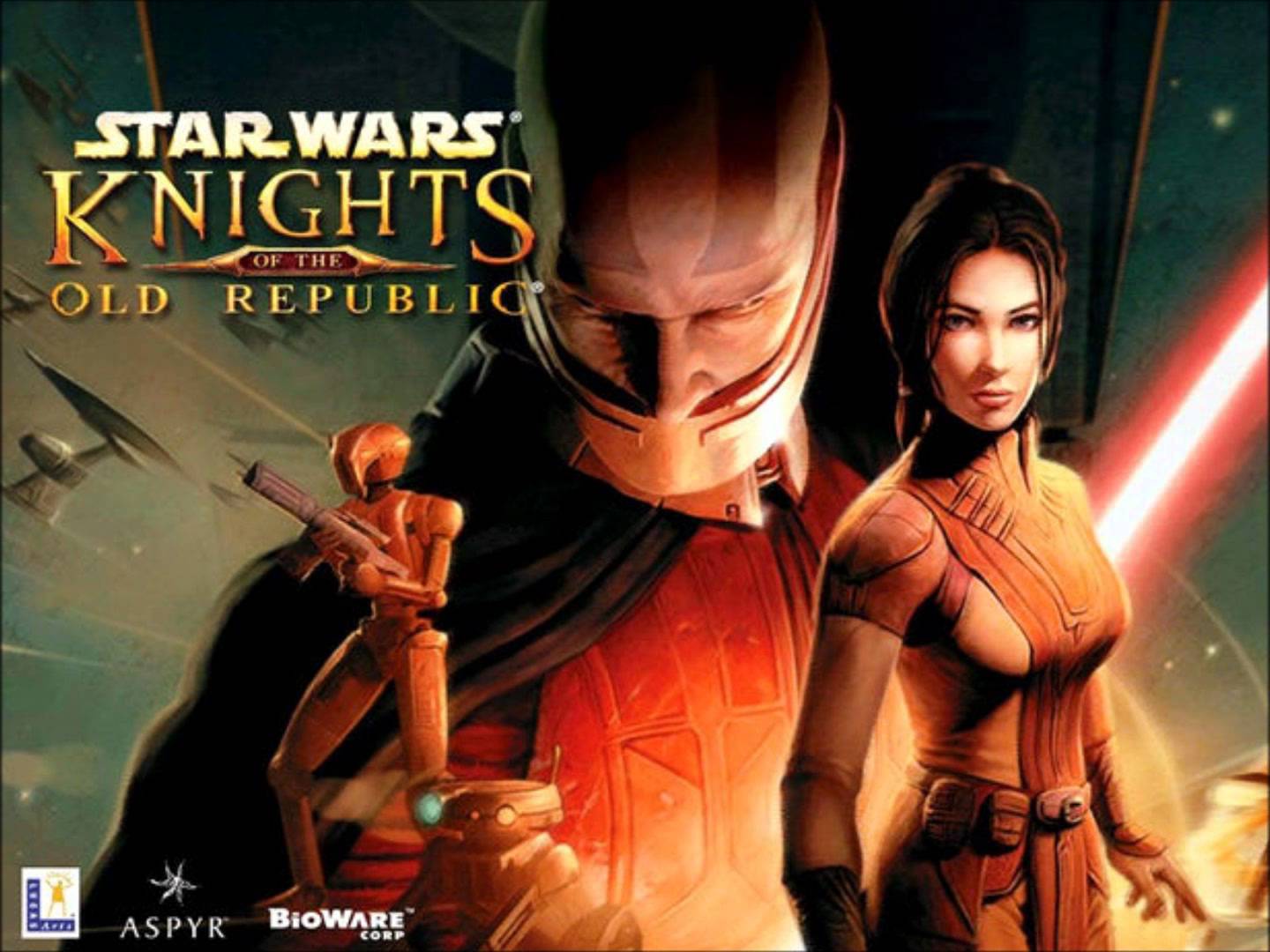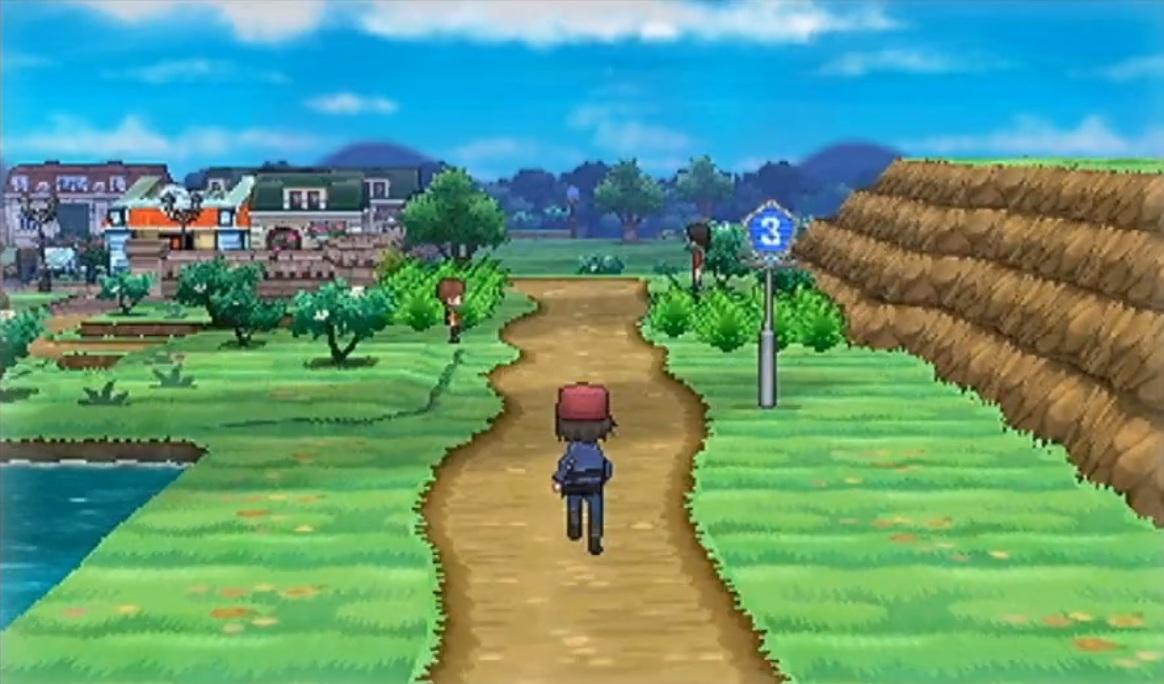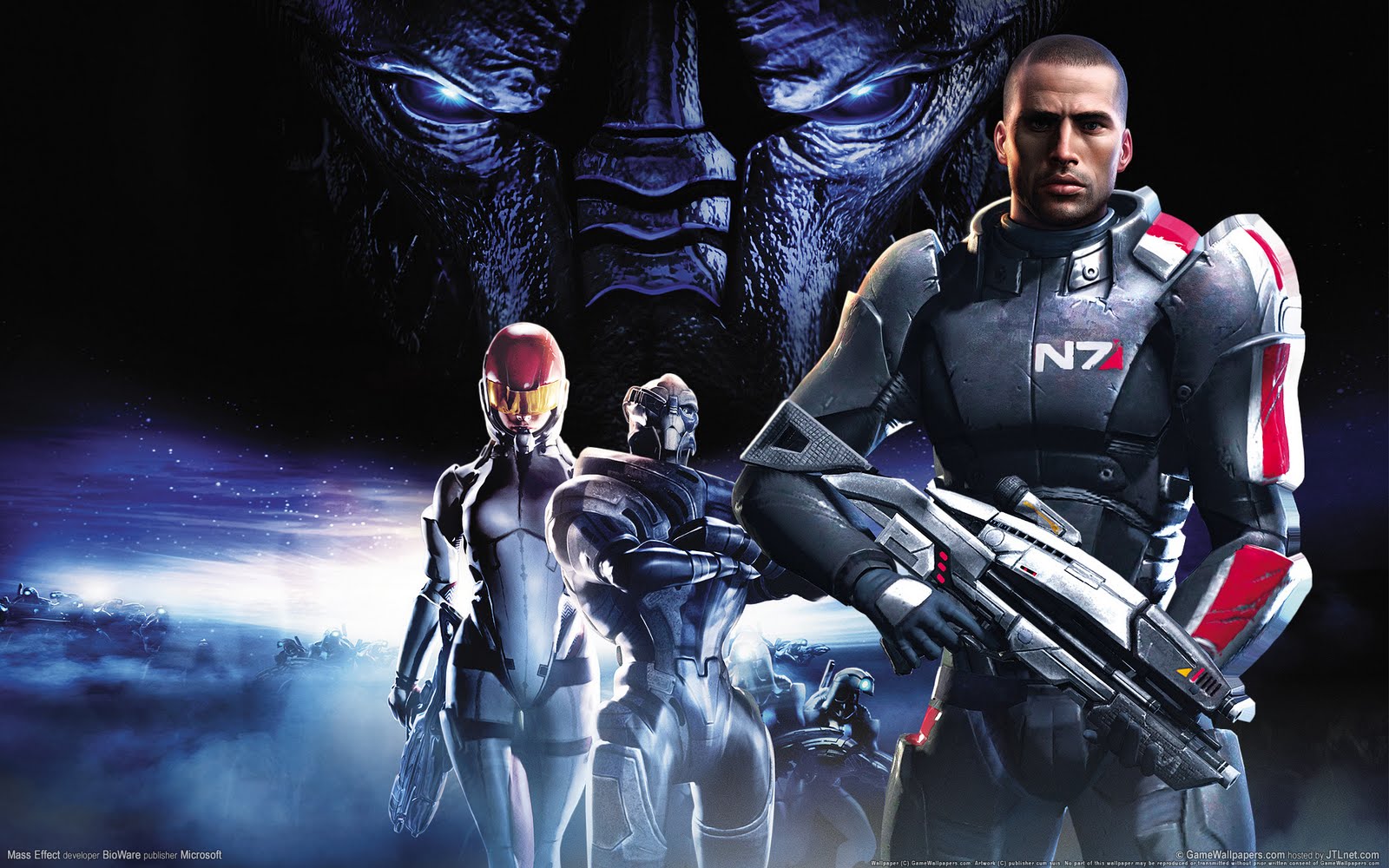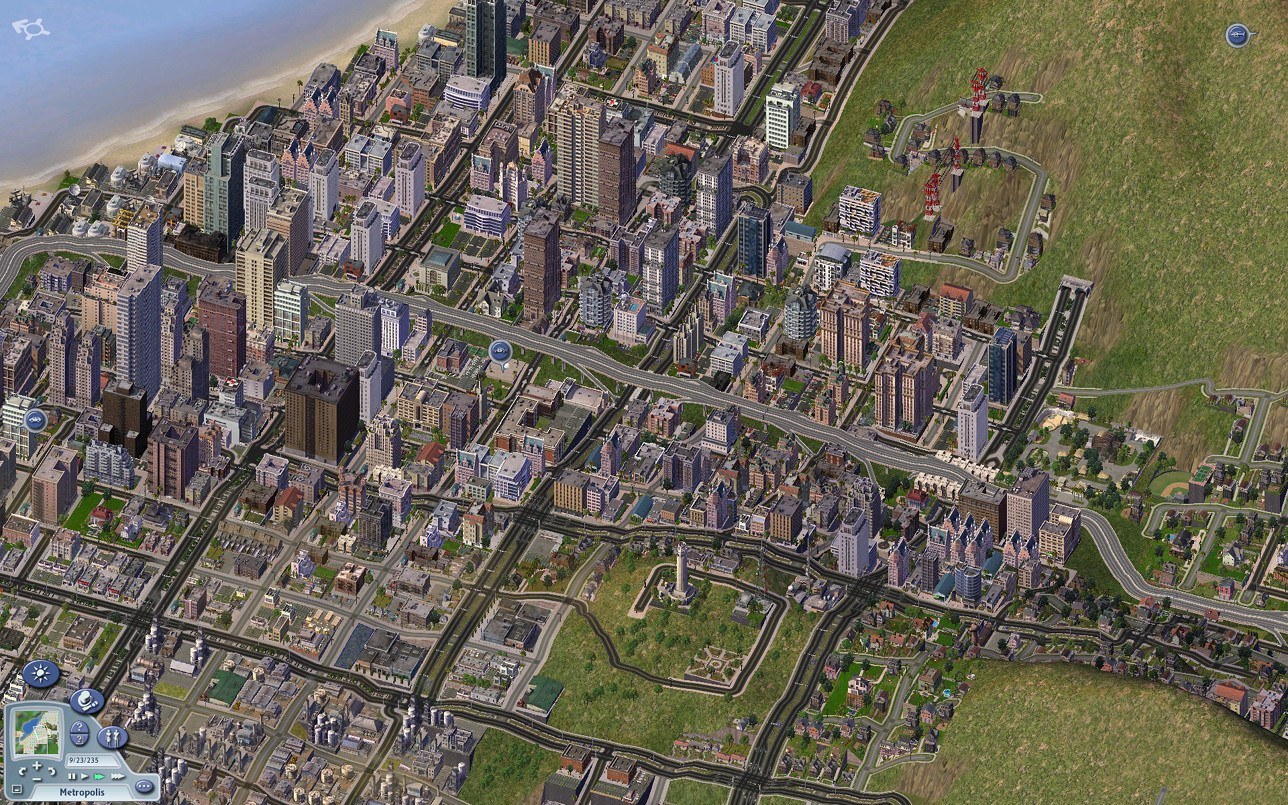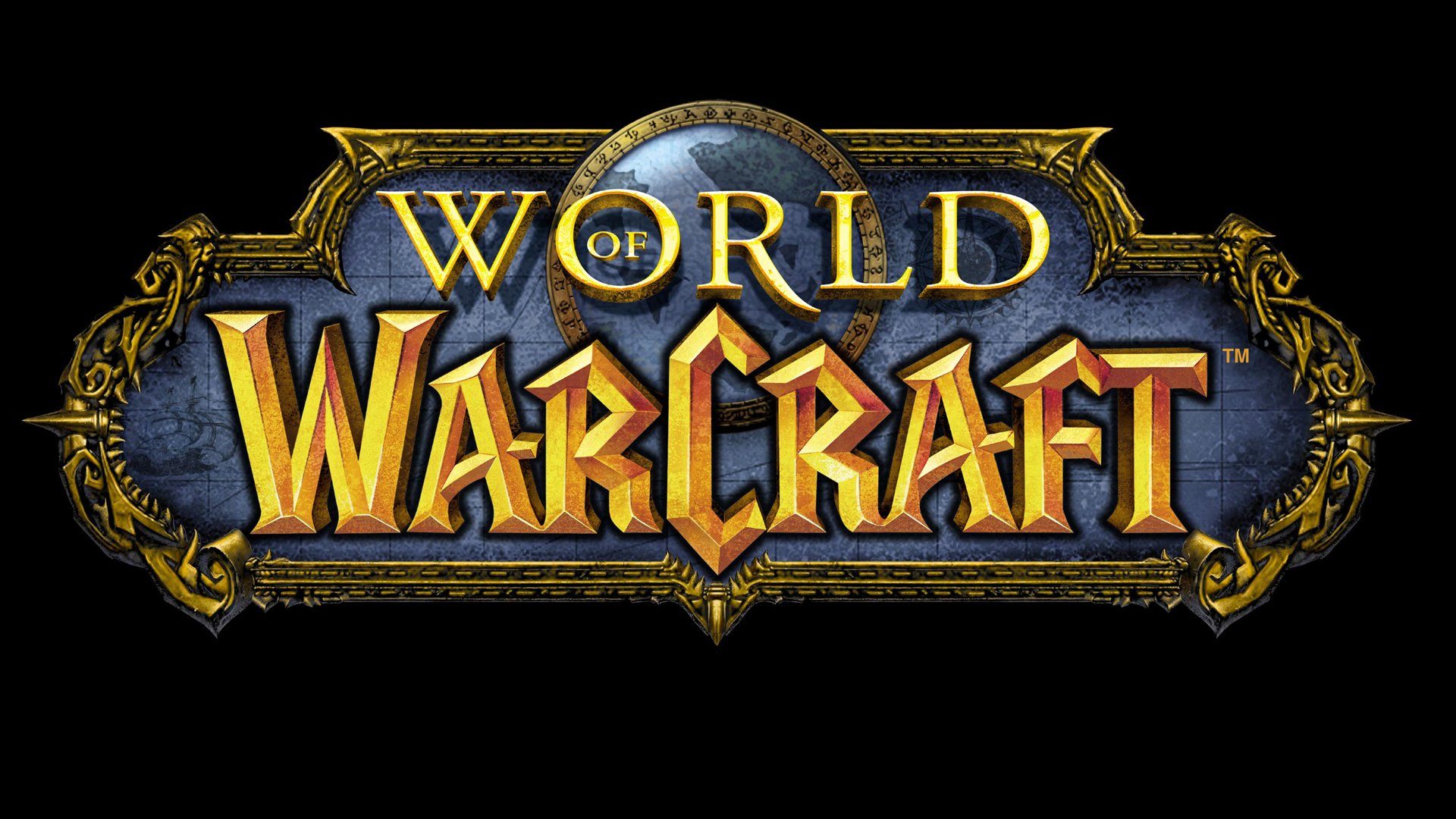1. Star Wars: Knights of the Old Republic
Released for the Xbox in 2003, this renowned role playing game can now be bought at a low price and downloaded onto most PCs (or even your smartphone or tablet, though I don’t recommend that option). I played through it at the ripe old age of 10, and I’ll never forget the wonder I experienced whilst exploring the game’s first alien cities and replying to random NPCs (non-player characters) using the game’s intuitive and oft-hilarious dialogue options. Not only did my mind grow leaps and bounds due to being able to experience such an incredible story first hand (at the time it felt like I was in a Star Wars movie), but my young brain gobbled up all of the complicated vocabulary words and concepts faster than a starving dog would gobble down a raw steak. To this day, I thank this game for having the most impact on me in terms of developing my verbal and mental dictionary. While I didn’t understand everything that went on in this game (I was 10 after all), that’s okay, since I’m able to revisit it today and pick up on all of the nuances I missed as a youngster. This game is also likely what got me into science fiction, which is never a bad thing, as a love for that genre is known to boost your imagination and spur you to work harder to better the society we currently live in.
2. Pokémon X
I grew up with the Blue version of this game, but you’ll be hard pressed to find a kid willing to use a Gameboy Color after being exposed to iPhones and the like, and thus the newest versions (X and Y) will have to do. Pokémon games cultivate a sense of adventure that really can’t be attained when playing other games, at least when you’re really young (like around 5 or 6). They’re so good at doing this that even adults (like me) continue to play them to try and recapture what we felt as kids. What makes them great for the youngsters is that they’re entirely text-based games (in regard to the dialogue), which means you’ll have to read if you want to play. This forces kids to develop crucial skills when they’re otherwise distracted catching Pokémon and exploring the game’s world, whereas in the classroom they might tune out a teacher’s reading lessons.
3. Mass Effect
Released in 2007 and developed by the same folks who crafted game number one on this list, Mass Effect truly is a science fiction masterpiece. Not only that, it tells one of the most sensational stories told in any video game, one that most who’ve played it would argue surpasses the average Hollywood summer blockbuster (though I suppose that isn’t too hard nowadays). Is it a mature game? Yes, but that doesn’t mean you should hide it from your kids. They’ll see worse on the average TV show nowadays anyways, and it might be worth a little bit of leniency in order to expose them to the kinds of stories that will encourage them to go out and consume information that they never would have dreamed of being interested in previously. For instance, after I played Mass Effect I became so consumed by the lore that I went out and bought the books based on the games. After I read those, I was so hungry for more stories like it that I read more science fiction novels. You never know what will spark your kid’s desire to read and learn on their own. Once they find what interests them, they’ll be teaching themselves many of the skills that you’d expect them to learn in school, especially in regard to expansion of vocabulary and improved reading ability. Mass Effect did this for me, and many others. Why not give it a shot for your son or daughter?
4. Sim City 4
This is a city simulator that’s so good, nobody has managed to top it for the last decade. Go and do yourself a favor and pick up or download a copy for $20 (or less), and let your kid go crazy with it. There’s no better way to both have fun and learn something valuable than in a game where the goal is to design, build, and maintain a self-sustaining city. Believe me, it’s about as hard to do in this game as it is in real life! Once your kid manages to pull it off, however, they’ll know more about distributing water and power lines, dealing with unions, and managing crime and pollution than your average politician. Here’s the best part for kids: Sim City 4 allows you to destroy everything you build in super creative and endlessly fun ways! Tired of your city? Send a robot dinosaur to crush it underfoot. Or spawn a volcano. Or send aliens to attack it. The world is your kid’s oyster in this game!
5. World of Warcraft
What? A massive multiplayer game for a kid? Sure, why not. I played it when I was 12 and had a blast. I was a bit socially awkward at the time and it helped give me a way to connect with other kids at my school who also played the game (abbreviated as WoW). Beyond the social aspects, this game, like Pokémon, is full of text-based quests and lots of juicy lore that any imaginative kid will gobble up faster than you can say “apple pie a-la-mode.” Again, while your boy or girl might hate reading about the seasons or why recycling is good in their classes, they’ll probably enjoy pouring over texts about a powerful wizard, or an eccentric gnome who designs robots (even if they don’t fully grasp all of the subtext). As a parent, you’ll have to monitor just how involved your kid gets in terms of the social aspects of the game. Most of the people playing WoW are in fact adults, and so you might decide to turn off the chat option altogether. That being said, I for one think I benefited greatly from being immersed in an adult’s world at such an early age. Not because they talked about uber mature topics or anything (they didn’t), but because I developed many worthwhile skills while trying to mimic the way they typed and thought about things (because I wanted to fit in). I got so good that most of the people who I played with assumed I was an adult too, based solely on how I typed and presented myself. In reality, I was just a 13-year-old who knew nothing about pretty much everything, but they didn’t have to know that. After a while this mimicry became less of an act, until eventually I just typed that way naturally. Consequently, I think this gave me a head start in terms of developing my ability to not only write, but to think. Whether or not you allow your kid to play a game like WoW is totally up to you, the parent. Just know, however, that they’ll be exposed to way worse stuff in the mall with their pals than they will in the colorful world of Azeroth. I think it’s worth the risk, especially if you decide to play with them (I knew a lot of parent/child duos that played WoW; it’s far more common than you might think).
Final thoughts
To close, the common theme tying all of these games together is that each of them will open up your children’s minds and force them to use their brains. The cool thing is, however, that to them it won’t feel like work. They’ll be having fun, all the while learning perhaps more in a video game than they do in their grade school classes. At the end of the day, it’s your decision as a parent whether you’ll allow your kids to access this treasure trove of knowledge-inducing and imagination-boosting material. It worked for me…why not your kid? Featured photo credit: Xbox One Controller/Mack Male via flickr.com
